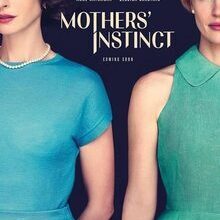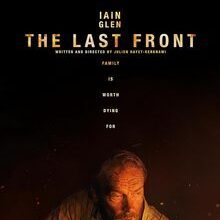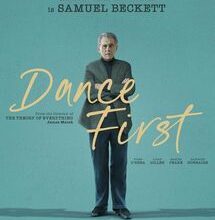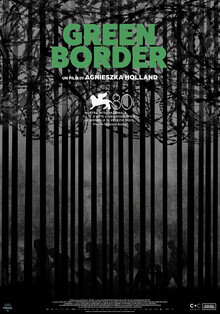
Green Border
Green Border
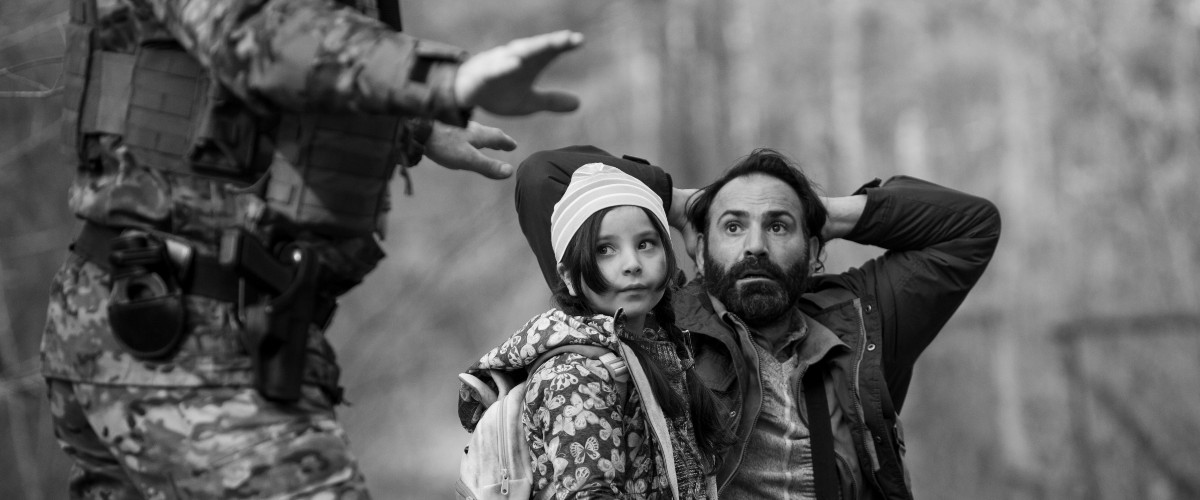
Now streaming on:
JustWatch
A searing drama about a European refugee crisis that resonates with similar crises in Africa, Asia, the Middle East, and yes, America’s southwestern border, Agnieszka Holland’s “Green Border” strikes me as the best and most important film to be released in the U.S. so far this year. That judgment is due not only to the fraught importance of the film’s subject but also to the extraordinary artistry of its making. When I first saw it at last fall’s New York Film Festival, I left the theater literally shaken – not only by the compelling story I’d just witnessed but also by the moment-by-moment power of Holland’s filmmaking.
The titular border is the one separating Poland from its neighbor to the east, Belarus. When we first see a portion of the border, filmed from an aerial angle, it is a spectacularly beautiful green, the evidence of one of the last remaining primeval forests in Europe. But that visual beauty doesn’t last. Soon enough, the image shifts to black and white, and we enter a human world of violent oppositions and tragic ironies.
At first, we are on an airplane crowded with individual travelers and families, some dozing as others babble in excited anticipation of their expected goal: safety, freedom. They are refugees from places in the decimated east, such as Syria and Afghanistan. When the plane lands, the passengers spill out of the terminal and begin shouting into cell phones to distant relatives trying to help. A van arrives, people pile in. Kids in the group talk happily about how they’ll soon – hours from now? – be in Sweden. Adults caution that they must first enter the nearest European Union country, which happens to be Poland.
The border turns out to be a dense forest bisected by a wall of wire and barbed wire. When the passengers are dumped unceremoniously in this remote locale, they soon see that they are pawns in a deadly geopolitical game. Polish soldiers meet them only to push them back across the wire wall. There, Belarusians harshly eject them back into Poland. It is like a horrible, endless ping-pong game; one played for the highest stakes.
Though it has received precious little media attention in the West, the crisis dramatized here is very real. It began in late 2021 when Aleksandr G. Lukashenko, Belarus’s Putin-allied, autocratic president, started offering free transit visas and transportation to people in the Middle East and Africa who wanted to reach Europe. His apparent aim was to inject a degree of destabilization into EU countries that were disinclined to accept an influx of refugees from distant, alien countries. (Holland points out the racial/cultural dimensions of this resistance by noting that, only a year later, Poland generously opened its borders to two million refugees from neighboring Ukraine.)
Surely, cinema has a unique potency in conveying the human realities of a situation like this, where a group of strangers are trapped in a terrible, nightmarish, steadily worsening situation. Here, politics are a distant abstraction. The only realities are the refugees’ desperation, confusion, disorientation, and stubborn determination even in the face of the brutality visited on them; Holland crafts vivid, compelling portraits of these unfortunates – including three generations of a Muslim family led by a crusty patriarch (Mohamad Al Rashi) who refuses to let danger separate him from his prayer rug – while skillfully avoiding the melodramatic cliches such a premise invites.
The refugees’ story is one of three major narrative strands in the film. Another follows a young Polish soldier and soon-to-be father (Tomasz Wlosok), who falteringly begins to grapple with the moral implications of “just following orders” when the consequences are so blatantly, irrefutably cruel.
The story’s third strand concerns a disparate group of activists who invade the forests aiming to bring various sorts of help to the suffering, terrified refugees. You might think the Polish authorities would welcome any impromptu assistance that provided immediate relief where the need was so great. But the right-wing regime instead determined that it was “at war” and that anyone who helped the refugees was aiding the enemy’s designs and must be arrested and prosecuted. Thus, simple humanitarian assistance became at once dangerous and heroic.
While some of those helping the refugees hail from parts far afield, others are locals shocked by the atrocities being committed at their doorsteps. One of these, Julia (Maja Ostaszewska), is a psychiatrist who joins the fray when she hears a woman screaming for help outside her house one night. The woman she rescues, Leila (Behi Djanati Atai), is a spirited Afghan who has spent much of the story trying to help other refugees; ironically, she had planned to seek asylum in Poland.
Holland has always been extremely good with actors, and “Green Border” is filled with expert, moving performances. But for my money, Ostaszewska and Djanti Atai are the best of the best; they deserve to be showered with the accolades and attention that greeted Germany’s Sandra Huller last year for her work in “Anatomy of a Fall” and “The Zone of Interest.”
Like Pawel Pawlikowski’s “Ida” a few years back, the moral seriousness and overall excellence of “Green Border” recalls the post-World War II apogee of Polish cinema. No surprise that Agnieszka Holland was mentored by two masters of that Renaissance, Andrzej Wajda and Krzysztof Zanussi. The eloquence of Tomek Naumiuk’s black and white cinematography adds to the constant brilliance of Holland’s visual style, with its fluidly mobile compositions and evocative views of nature.
This achievement has not endeared the film or Holland to Poland’s leaders. One called “Green Border” “shameful, repulsive and disgusting.” Another likened the director to “Soviets and Nazis” who “used propaganda films to destroy the image of Poland and Poles.”
Last fall, In the New York Times, after the Polish authorities began heaping abuse on the film following its acclaimed debut at the Venice Film Festival (the campaign of vilification continues online, unfortunately), Holland was quoted as saying that her movie “encourages empathy with migrants trying to enter Poland.” That simple, accurate description recalls Roger Ebert’s great definition of movies as machines for creating empathy. No recent movie has honored that definition with more geopolitical prescience and humane passion than “Green Border.”

Godfrey Cheshire
Godfrey Cheshire is a film critic, journalist and filmmaker based in New York City. He has written for The New York Times, Variety, Film Comment, The Village Voice, Interview, Cineaste and other publications.
Now playing
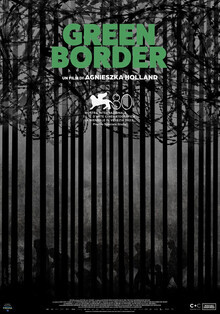
Green Border
Godfrey Cheshire
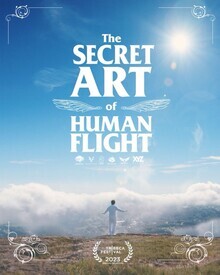
The Secret Art of Human Flight
Monica Castillo
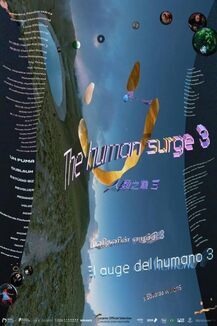
The Human Surge 3
Carlos Aguilar
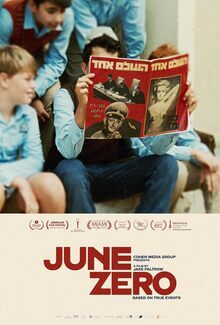
June Zero
Matt Zoller Seitz
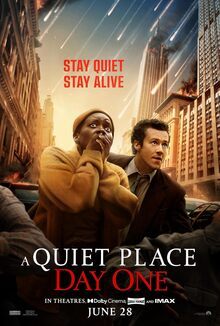
A Quiet Place: Day One
Brian Tallerico
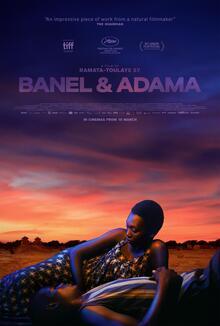
Banel & Adama
Glenn Kenny
Film Credits
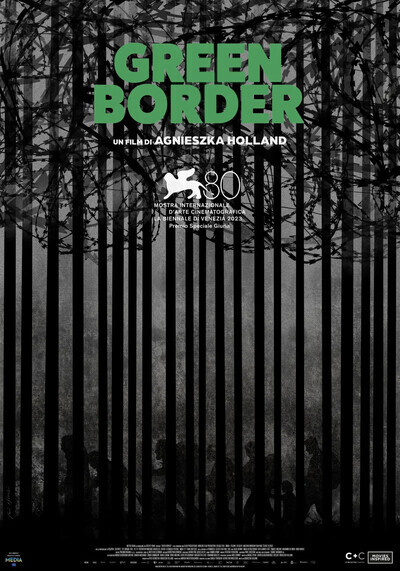
Green Border (2024)
152 minutes
Cast
Jalal Altawilas Bashir
Maja Ostaszewskaas Julia
Behi Djanati Ataias Leila
Tomasz Włosokas Jan
Mohamad Al Rashias Grandfather
Director
- Agnieszka Holland
Writer
- Agnieszka Holland
- Gabriela Łazarkiewicz-Sieczko
- Maciej Pisuk
Latest blog posts
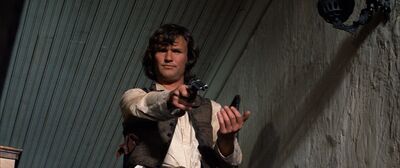
Pat Garrett and Billy the Kid Ride Again with Criterion’s 50th Anniversary Release
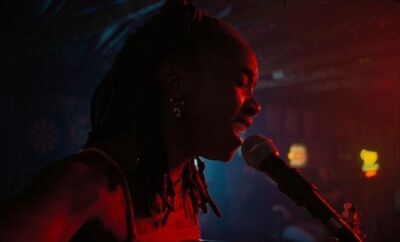
Time to Bloom: KiKi Layne on Dandelion

KVIFF 2024: Wrap-up and Awards
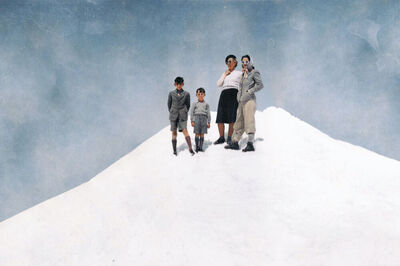
KVIFF: A Sudden Glimpse to Deeper Things, Stranger, Rude to Love
Comments
comments powered by Disqus
